2024 PI Meeting Project Summaries
Thank you for visiting the 2024 NSF ITEST Principal Investigator Meeting Project Summaries. One page descriptions of projects have been added to this library for the meeting. For more information visit the online program for the meeting.
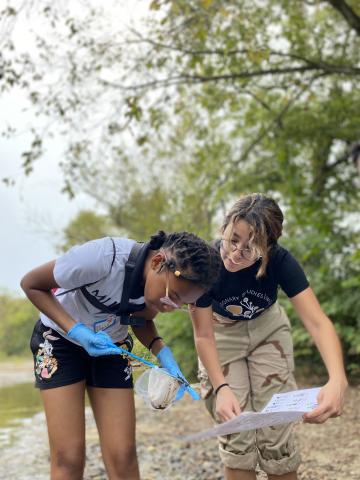
As young people experience challenging climate events, they may feel powerless to shape the future and uncertain about STEM-based solutions. This project focuses on the potential of place-based learning, field science, and digital storytelling to nurture diverse middle school youths’ environmental agency, STEM career knowledge, and STEM identities. The project includes out-of-school STEM learning to investigate the history, ecology, and restoration of a local watershed. The watershed has unique…
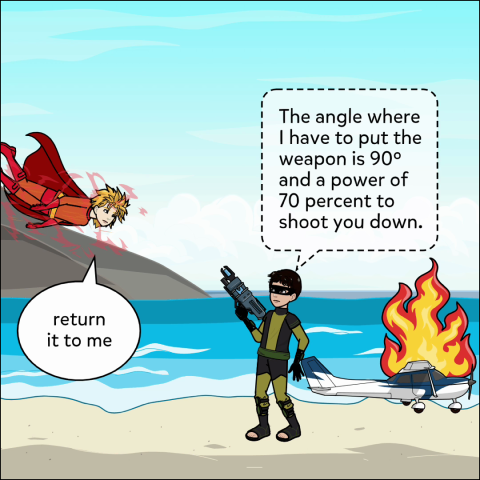
During Spring Break of 2024, children from recently immigrated families took part in a weeklong Superhero Digital Math Storytelling Camp at a community center focused on newcomer communities. As part of an ITEST CAREER research grant, this project focused on engaging children in crafting narrative and counternarratives that explored the ways that mathematics connected to their real-life experiences. In this camp, the children used the superhero genre to create their own superheroes, crafting…
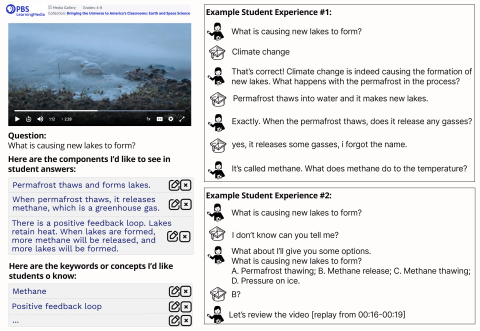
The rapid advances in LLMs present tremendous opportunities to create interactive, personalized learning experiences at scale. However, to truly harness the educational potential of these technologies, it's crucial that teachers - who are at the forefront of daily student interaction and possess indispensable knowledge and expertise - go beyond being mere consumers to key contributors. This one-year project proposes a teacher-AI collaboration paradigm that can potentially realize this…

The rapid advances in LLMs present tremendous opportunities to create interactive, personalized learning experiences at scale. However, to truly harness the educational potential of these technologies, it's crucial that teachers - who are at the forefront of daily student interaction and possess indispensable knowledge and expertise - go beyond being mere consumers to key contributors. This one-year project proposes a teacher-AI collaboration paradigm that can potentially realize this…
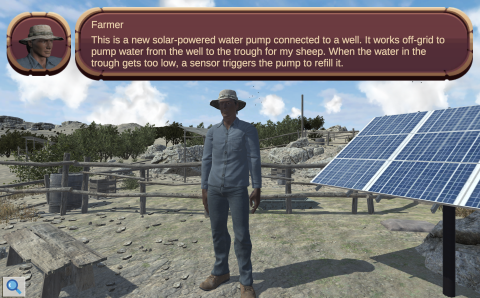
The mission of this ITEST Developing and Testing Innovations project is to explore the affordances of hybrid immersive learning environments situated in tribal contexts to engage Diné (Navajo) middle school students in place-based virtual scientific investigations and hands-on physical experiments and engineering design. This culturally responsive approach has the potential to inspire the next generation of Diné engineers and scientists to use their cultural and STEM knowledge to strengthen…
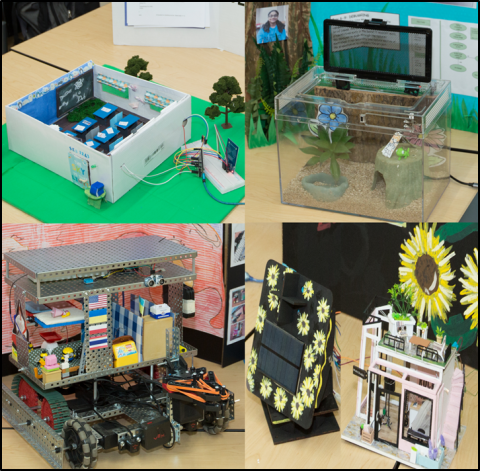
The major objectives of this Engaging Girls in Ubiquitous Intelligence and Computing (GUIC) project are to: 1) enhance secondary female students’ academic self-concepts in computing and engineering fields through a constructivist learning environment; 2) enhance secondary female students’ knowledge, skills, and interests in these fields; 3) increase the number of secondary female students’ participating in STEM competitions; and 4) investigate the factors that influence female students’ career…
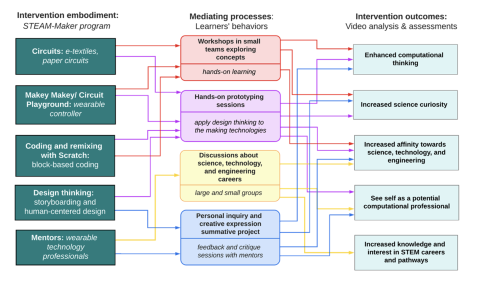
This project focuses on youth-centered, culturally-relevant, out-of-school educational research and development. The team includes learning scientists and researchers, educators, directors and program administrators from Upward Bound and a makerspace/informal science institution, and engineering and wearable technology industry professionals. The STEM emphasis centers at the intersection of engineering and computational sciences, with content around coding digital technology and…
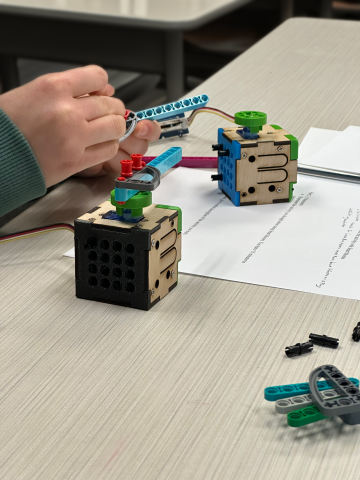
Artificial intelligence and machine learning are quickly becoming critical tools for creativity and productivity. Through this RETTL project, we have developed a low-cost, AI-enabled hardware toolset called Smart Motors to introduce elementary school students to supervised machine learning concepts, which will prepare them to work confidently with AI in the future. This platform lowers students’ barrier to entry for creating interactive mechanisms and incorporating motors and sensors through a…
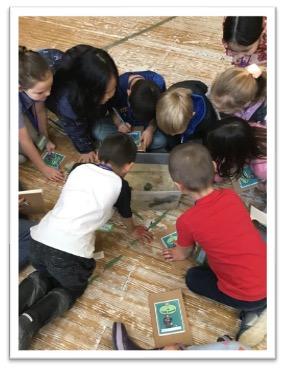
Molly Community Science aims to support science exploration and environmental identity development among 6- to 8-year-old children from rural Alaska Native communities. The project has two goals: (1) to learn more about how children develop environmental identity (which we define as the empathy, knowledge, and skills needed to act responsibly for the environment); and (2) to co-design, with three Alaska Native villages, an intergenerational, community-based science program that nurtures…

This project addresses the ongoing marginalization of Indigenous communities in informal science learning spaces by developing and studying a model that strengthens rightful presence, a justice-centered framework that promotes a greater sense of belonging and shift in institutional power. Ohlone youth and families engage in participatory co-design to create immersive Indigenous science exhibits using mixed reality technologies that will be installed at the Lawrence Hall of Science, UC Berkeley’…